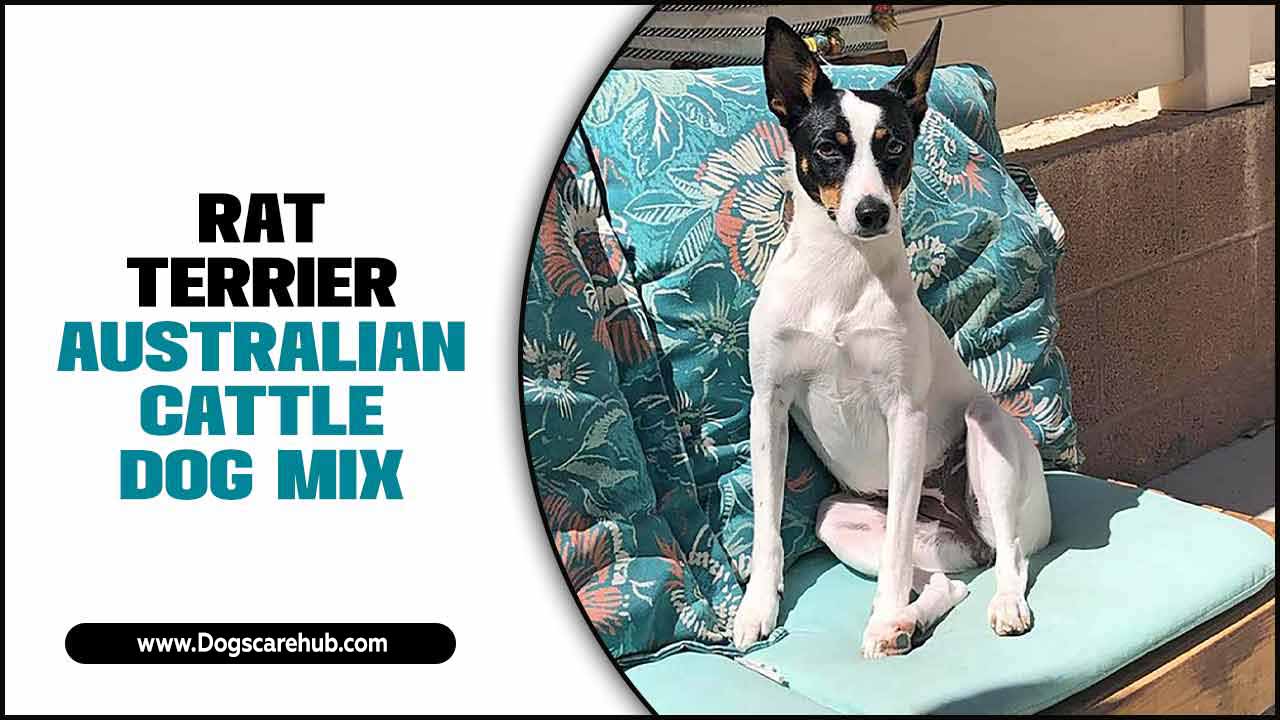When your puppy suffers from a sensitive stomach, choosing the right food becomes paramount. The well-being and comfort of your growing canine companion depend heavily on their diet, and for those with delicate digestive systems, this is especially true. Selecting the best dog food for sensitive stomach for puppies can feel like navigating a minefield of options, but equipping yourself with the right knowledge can make all the difference. A sensitive stomach in a puppy can manifest in various ways, from occasional bouts of vomiting and diarrhea to more persistent digestive upset. These symptoms aren’t just uncomfortable for your pup; they can also hinder nutrient absorption, vital for their rapid development. Therefore, a thoughtful and informed decision about their diet is not just a matter of preference, but a necessity for their health and happiness.
Understanding Puppy Sensitive Stomachs
Before diving into specific food recommendations, it’s essential to understand what might be causing your puppy’s sensitive stomach. Often, it can be linked to dietary indiscretions, such as eating something they shouldn’t have. However, persistent issues could indicate food allergies or intolerances, where certain ingredients trigger an adverse reaction. Common culprits include certain proteins (like beef, chicken, or dairy), grains, or even artificial additives and preservatives. Parasitic infections or bacterial imbalances in the gut can also play a role. If you suspect your puppy has a persistent sensitive stomach, a visit to the veterinarian is crucial. They can rule out any underlying medical conditions and provide personalized advice regarding diet and potential testing for allergies.
Key Ingredients to Look for in Puppy Food for Sensitive Stomachs
When searching for dog food for sensitive stomach for puppies, prioritizing specific ingredients is key. The goal is to select foods that are easily digestible, gentle on their gut, and free from common irritants.
Novel Proteins: For puppies with suspected food allergies or intolerances, novel proteins are a lifesaver. These are protein sources that your puppy has likely never encountered before, reducing the chance of an allergic reaction. Examples include duck, venison, lamb, rabbit, or fish like salmon. Avoid the more common proteins like chicken or beef as a primary ingredient if your vet suspects a sensitivity to them.
Easily Digestible Carbohydrates: Instead of common grains like corn or wheat, opt for easily digestible carbohydrate sources. Sweet potatoes and peas are excellent options, providing energy and fiber without being overly taxing on a sensitive digestive system. Some formulations might also use rice, which is generally well-tolerated.
Prebiotics and Probiotics: A healthy gut microbiome is fundamental for good digestion. Prebiotics are fibers that feed the beneficial bacteria in your puppy’s gut, while probiotics are the live beneficial bacteria themselves. Look for ingredients like FOS (fructooligosaccharides) for prebiotics and specific strains of probiotics on the ingredient list. These can significantly improve gut health and reduce digestive upset.
Omega-3 Fatty Acids: Fish oil or other sources of Omega-3 fatty acids are not only beneficial for skin and coat health but also possess anti-inflammatory properties that can help soothe an irritated digestive tract.
Limited Ingredient Diets (LID): Many brands offer Limited Ingredient Diets specifically formulated for sensitive stomachs. These foods typically contain a single protein source and a minimal number of other ingredients, making it easier to identify and avoid triggers.
Ingredients to Avoid for Sensitive Stomachs
Just as important as knowing what to look for is knowing what to avoid when selecting dog food for sensitive stomach for puppies.
Artificial Colors, Flavors, and Preservatives: These additives offer no nutritional value and can be common triggers for digestive upset and allergic reactions in sensitive puppies. Always opt for foods with natural preservatives like Vitamin E (tocopherols).
Fillers: Ingredients like excess corn, wheat, and soy act as fillers, providing little nutritional benefit and potentially causing digestive distress. While some grains can be digestible, avoid formulas that heavily rely on these as primary ingredients.
By-products: While not always problematic, some by-products can be less digestible or of lower quality. Opt for whole meat sources as the primary protein.
* Dairy: Many puppies are lactose intolerant after weaning, so dairy products are best avoided.
Transitioning Your Puppy to a New Food
Introducing a new food to a puppy with a sensitive stomach requires patience and a gradual approach. Abruptly changing their diet can lead to further digestive upset.
1. Day 1-2: Mix 25% new food with 75% old food.
2. Day 3-4: Increase to 50% new food and 50% old food.
3. Day 5-6: Use 75% new food and 25% old food.
4. Day 7 onwards: Feed 100% new food.
Monitor your puppy closely throughout this transition for any signs of digestive distress. If you notice any issues, slow down the transition process or consult your veterinarian.
Best Choices of Dog Food for Sensitive Stomach for Puppies
While it’s impossible to name a single “best” food as every puppy is an individual, some brands and formulations are consistently recommended for pups with sensitive tummies. When researching, look for high-quality brands that prioritize easily digestible ingredients and often have specific lines for sensitive digestion or limited ingredients. Many reputable pet food manufacturers offer puppy-specific formulations that cater to these needs. Always read reviews and ingredient lists carefully, and when in doubt, discuss the best options with your veterinarian. They may even have samples or recommendations for veterinary-exclusive sensitive stomach diets that can be highly effective.
Ultimately, finding the right dog food for sensitive stomach for puppies is a journey of observation, careful selection, and sometimes, consultation. By understanding the common causes of sensitive stomachs, knowing which ingredients to seek out and avoid, and approaching dietary changes with patience, you can help your little one thrive and enjoy a happy, healthy life with a settled tummy.
Meet Elyse Colburn, the devoted canine companion and storyteller behind the enchanting world of “Tales, Tails, and Adventures Unleashed.” A passionate dog enthusiast with a heart full of paw prints, Elyse Colburn shares heartwarming tales and insightful adventures, celebrating the joy, loyalty, and endless antics that make every dog a true hero. Join Elyse Colburn on this tail-wagging journey, where every post is a love letter to our four-legged friends.








